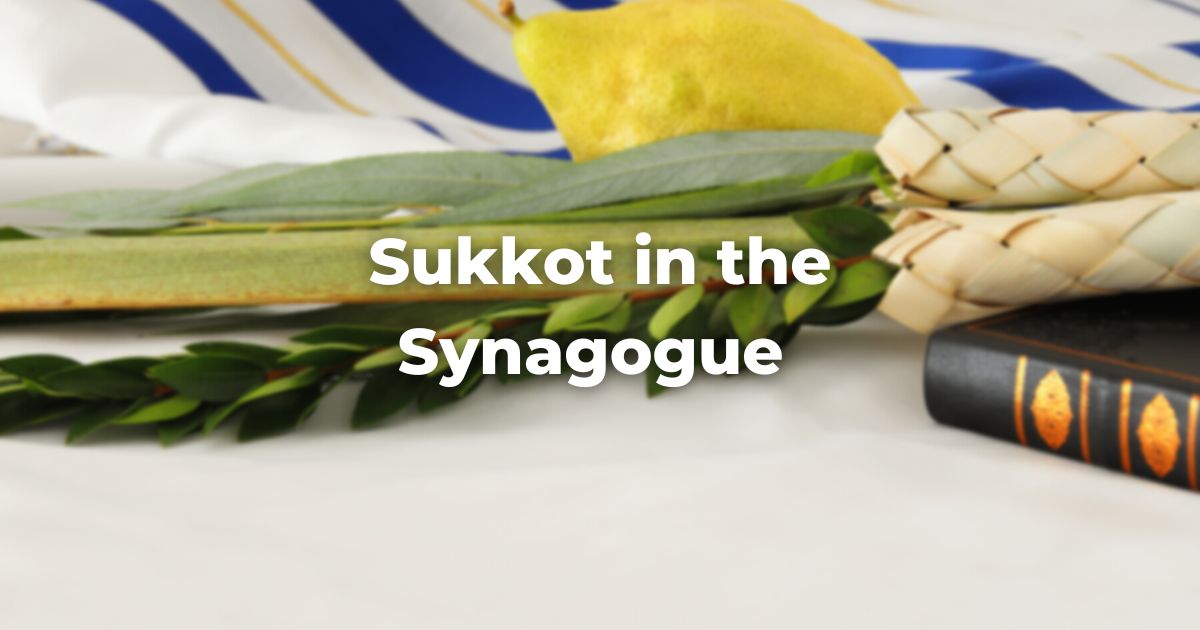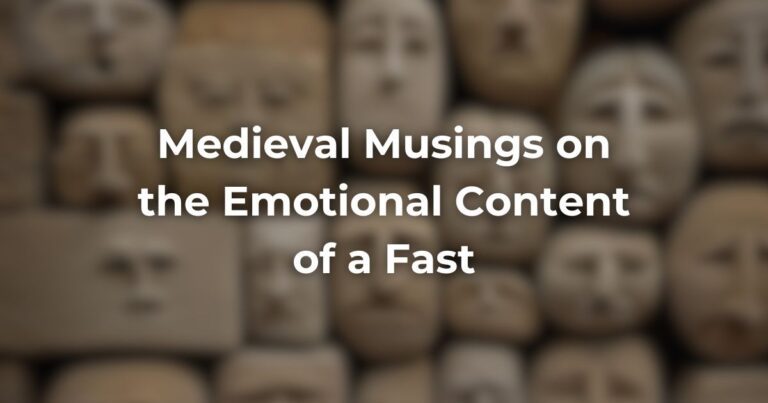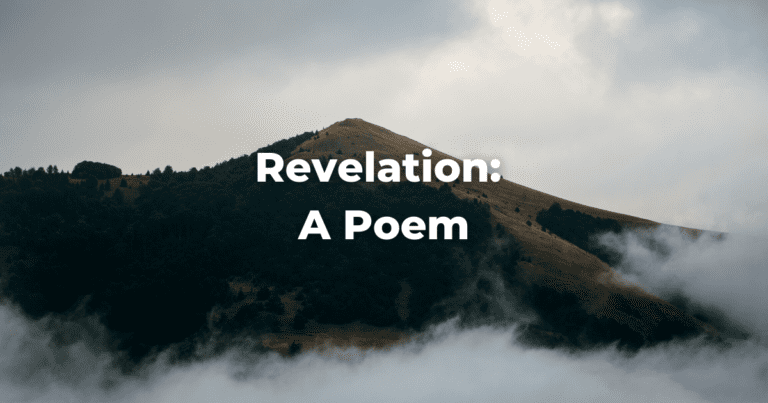Order of Service
On the mornings of Sukkot, the Morning Service and the Musaf Service follow the standard festival format.
After the end of the Morning Service, we recite the blessing over the lulav and etrog, then Hallel. Two Torah scrolls are then taken from the Ark.
Sukkot Torah Reading
From the first we read Leviticus 22:26–23:44, which describes the festivals of Israel in some detail. This reading is divided into five aliyot unless it coincides with Shabbat, in which case it is divided into seven aliyot instead.
From the second TorahRefers to the first five books of the Hebrew Bible, the Tanakh, also called the Five Books of Moses, Pentateuch or the Hebrew equivalent, Humash. This is also called the Written Torah. The term may also refer to teachings that expound on Jewish tradition. Read more, we read the maftir portion. This reading, Numbers 29:12–16, describes the sacrifices that were offered in the Temple on Sukkot.
The haftarah for the first day of Sukkot is from the book of the prophet Zechariah 14, detailing a vision about the coming of the messiah, which tradition teaches us to expect on Sukkot.
On the second day of Sukkot, the same Torah portions are read, but the haftarah is 1 Kings 8:2–21, which tells how King Solomon dedicated the Temple on Sukkot.
Hoshanot in Synagogue
After the Musaf Service, we recite special prayers called Hoshanot. The Ark is opened, a Torah scroll is removed, and a procession of individuals carrying the lulav and etrog walks around the sanctuary.
There are different Hoshanot prayers for each day of Sukkot, each named for its opening words. On Shabbat, a special version of the Hoshanot is recited. The Ark is opened, but a scroll is not removed and there is no procession around the sanctuary.
The lulav and etrog are not used on Shabbat either, of course.
The Hoshanot ceremony has its origins in the Temple. According to the MishnahA collection of rabbinic teachings edited in Israel around 225 CE. Organized in six sedaraim by subject matter and dealing with both ritual and civil law. Both the Jerusalem and Babylonian Talmud are expansive discussions of the Mishnah. Read more at M Sukkot 4:5, there was a similar procession with the lulav and etrog in Temple times, but it was led by the priests around the altar in the Temple courtyard.
Rabbi Reuven Hammer suggests that it is possible that even in Temple times the people joined in this procession. This can be found on p. 200 of his Or Ḥadash: A Commentary on Siddur Sim Shalom for Shabbat and Festivals.
At the very least, they joined in the singing that accompanied it, quite possibly singing the very same Hoshanot prayers that we recite today. Today, the Hoshanot procession is one of the highlights of Sukkot in every synagogue.
Adapted with permission from The Observant Life.
Authors
-

The Observant Life: The Wisdom of Conservative Judaism for Contemporary Jews distills a century of thoughtful inquiry into the most profound of all Jewish questions: how to suffuse life with timeless values, how to remain loyal to the covenant that binds the Jewish people and the God of Israel, and how to embrace the law while retaining an abiding sense of fidelity to one’s own moral path in life.
Written in a multiplicity of voices inspired by a common vision, the authors of The Observant Life explain what it means in the ultimate sense to live a Jewish life, and to live it honestly, morally, and purposefully. The work is a comprehensive guide to life in the 21st Century. Chapters on Jewish rituals including prayer, holiday, life cycle events and Jewish ethics such as citizenship, slander, taxes, wills, the courts, the work place and so much more.
View all posts -





